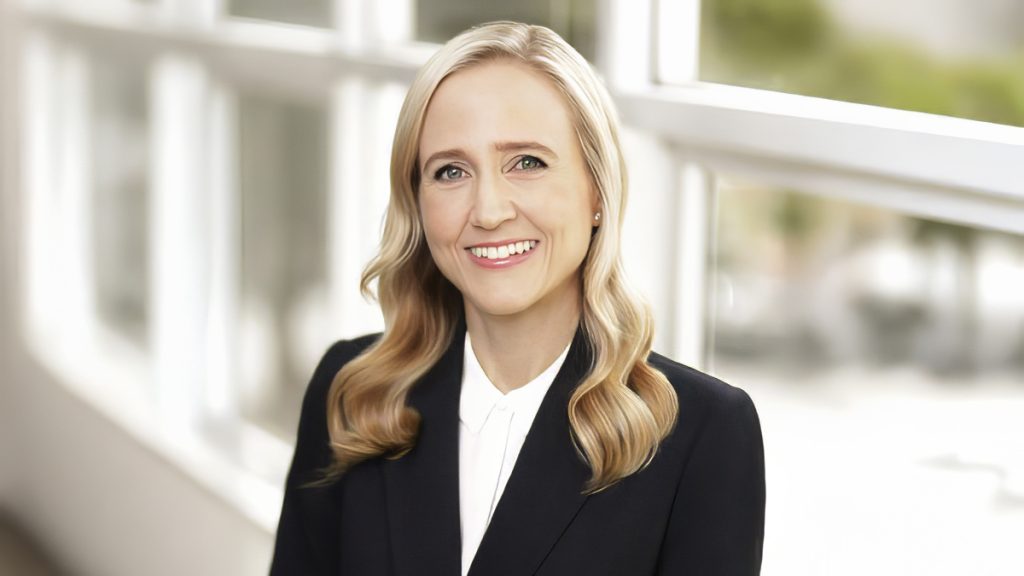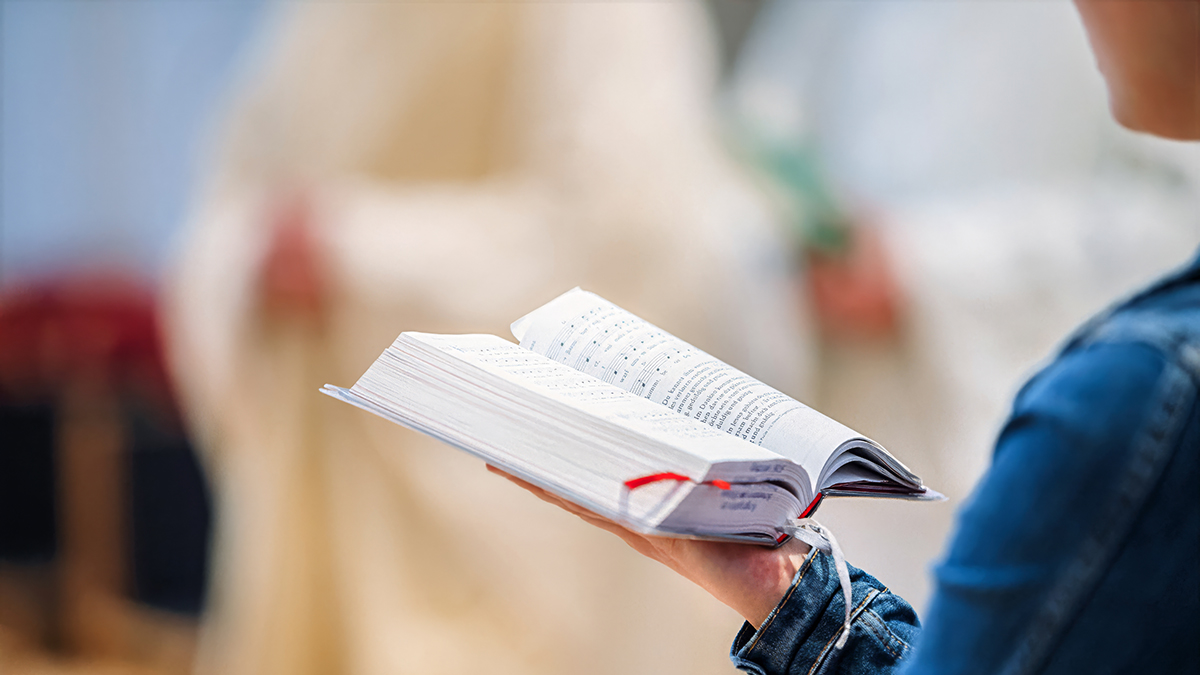A new Lectionary is coming to the Churches in Australia, Ireland and New Zealand.
It promises a more inclusive translation and a more accessible, pastorally sensitive encounter with the word of God.
The new Lectionary is a shared project of the Australia, Ireland and New Zealand bishops’ conferences and is using the New Revised New Jerusalem Bible (NRJB) as its scriptural source.
More than a publishing milestone, this project signals a renewed commitment to how the Church listens, proclaims, and is formed by Scripture in the liturgy.
Why this renewal matters
This renewal is timely.
The current Lectionary, based on the Jerusalem Bible, has been out of print for more than 25 years. Meanwhile, the voices of the faithful—diverse in culture, gender, and background—have grown increasingly aware of how words can either alienate or embrace.
The NRJB’s inclusive language is not about erasing tradition but about making the scriptural proclamation more accessible to every member of the Body of Christ.
As the bishops noted in their joint statement, this revision is “an opportunity for renewal, for deeper encounter with the living Word.”

Scripture as a liturgical event
In the Catholic liturgy, Scripture is proclaimed in an event that is ritual, communal, and sacramental. The Lectionary readings are activated by a dynamic, multi-sensory experience in which Christ is present and speaking in the assembly.
Meaning flows not only from the text, but also from the context.
The sound of the reader’s voice, the sense of gathering as a community, the silence between readings, and the collective standing for the Gospel all allow the word to become flesh again in our time and place.
The upcoming Lectionary invites the three Churches to relearn how Scripture works liturgically, how it forms identity, and how it feeds us as surely as the Eucharist.
The need for formation
Of course, the mere introduction of a new Lectionary will not awaken this richness.
Formation that is liturgical, theological, and pastoral will be needed to help communities understand not just the new words, but the profound structure that opens the Scriptures across time.
Just as a musical score lies dormant until actualised in performance, Scripture similarly lies dormant within the pages of the Lectionary until it is proclaimed in the assembly, stirring both individual hearts and the collective conscience.
Listening and being shaped by the word
The new Lectionary project reminds us of the need to keep listening.
Yet even now, before its pages are turned for the first time, the Churches continue to gather week after week to be shaped by the living word proclaimed in the midst of the assembly.
In the liturgy, the Scriptures are not only heard but encountered by a particular people, in a particular place, at a particular time. This word forms us, feeds us, and sends us.
As pilgrims of hope, we go forth bearing its echo in our voices and its promise in our lives.

- Clare Schwantes holds a PhD from the University of Queensland and a Master of Theological Studies with a focus on Liturgy, in addition to Bachelor’s degrees in Education and Psychology. She also has diplomas in Editing and Publishing and is a graduate of the Australian Institute of Company Directors. She is the Director of the Archdiocesan Liturgy Office in Brisbane, Australia and Chair of the National Liturgical Council in Australia.
- Clare is the author of From Page to Proclamation – Interpreting Scripture in the Context of Liturgy (2024).

